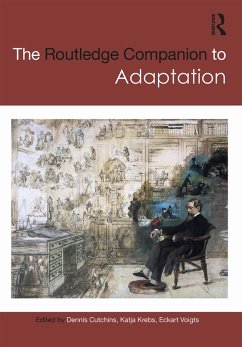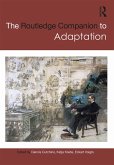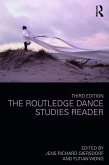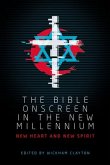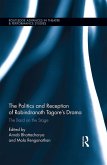The Routledge Companion to Adaptation offers a wide-ranging perspective on current scholarship in the area of adaptation. While providing a basis in source oriented studies such as novel-to-stage and stage-to-film adaptations, it also brings to the fore the new and innovative elements currently being witnessed in this field. An emphasis on adaptation as a form of practice seeks to establish methods of investigating the topic that go beyond a purely comparative, case study model. Divided into five sections - Geography, Historiography, Identity, Technology and Reception - this is an essential resource that maps the field of adaptation across genres and disciplines.
Dieser Download kann aus rechtlichen Gründen nur mit Rechnungsadresse in A, B, BG, CY, CZ, D, DK, EW, E, FIN, F, GR, HR, H, IRL, I, LT, L, LR, M, NL, PL, P, R, S, SLO, SK ausgeliefert werden.

